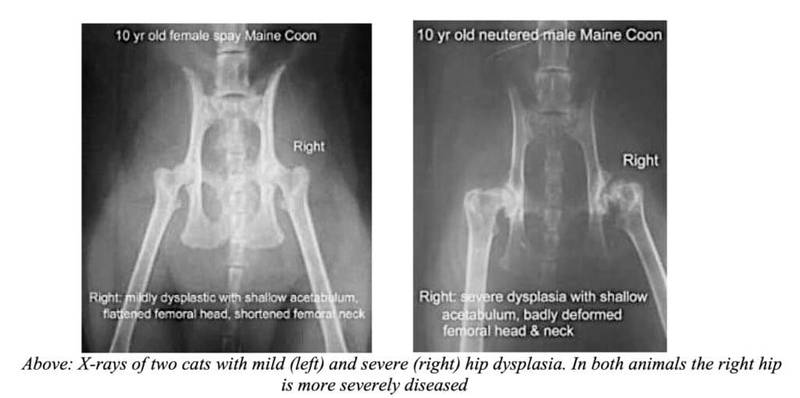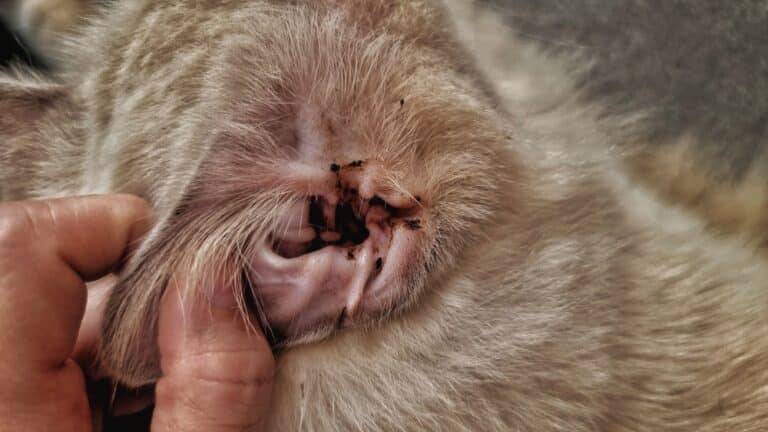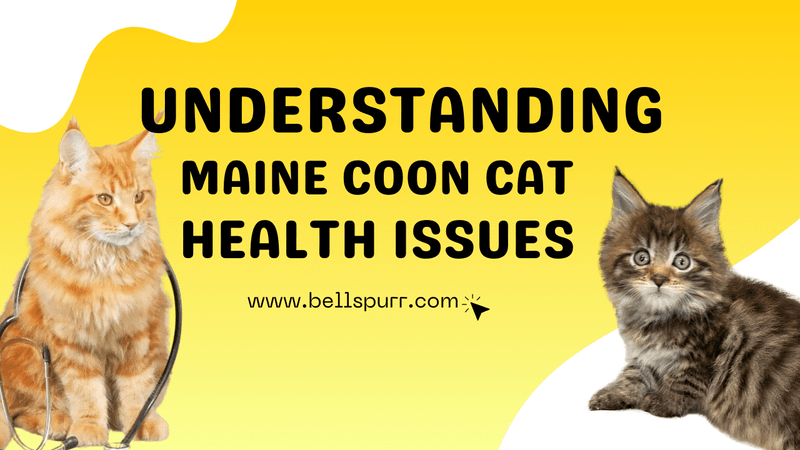Maine Coons, known for their impressive size, strength, and overall robust health, are not immune to certain breed-specific health challenges. Recognizing these potential Maine Coon Health issues is crucial for any Maine Coon owner or prospective adopter.
This guide looks at the common key Maine Coon Health issues. It highlights the importance of being aware, not afraid. It aims to give you knowledge, especially if you are thinking about bringing a Maine Coon kitten home.
Hypertrophic Cardiomyopathy (HCM) in maine coon
HCM is an important heart condition. It makes the heart less efficient at pumping blood.
This happens because the heart’s muscular walls become thicker. This can lead to various complications, including abnormal heart rhythms, blood clots, and congestive heart failure. An echocardiogram is vital for diagnosing HCM, assessing the heart’s size, shape, and function.
Maine Coons usually get HCM around three years old. However, it can appear as early as six months or as late as eight years. Treatment depends on early detection. It may include medication like ACE inhibitors and diuretics.
Dietary changes and stress reduction are also important. While some Maine Coons live for years post-diagnosis with proper care, those with severe HCM may have a reduced lifespan.
Spinal Muscular Atrophy in Maine coon
Spinal Muscular Atrophy (SMA) is a genetic condition. A serious health issue exists for Maine Coons.
SMA affects the muscles around the spine and limbs. This disorder leads to muscle weakening and atrophy, which typically becomes noticeable around 3 to 4 months of age. Common signs of SMA include an unusual walk, posture problems, and muscle loss in the limbs. These issues make affected cats look wobbly or unsteady.
No cure for SMA exists right now. However, lifestyle changes can greatly improve the quality of life for cats with this condition. Creating an accessible living space, like adding ramps and soft bedding, helps cats move around more easily.
Polycystic Kidney Disease in maine coon
Polycystic Kidney Disease (PKD) is a serious maine Coon Health issue. It is caused by a genetic mutation.
This mutation leads to fluid-filled cysts forming in the kidneys. These cysts can harm kidney function. This hereditary condition is passed down as an autosomal dominant trait. This means that if one parent has the gene, there is a 50% chance the child will inherit the disease.
Symptoms often do not appear until the condition has advanced. They may include increased thirst and urination. Other signs are weight loss even with a normal appetite, vomiting, diarrhea, tiredness, and a poor coat.
Supportive care, like diet and medication, can help manage PKD. Maine Coons usually show signs of this condition by age seven.

Hip Dysplasia in Maine coon
Hip dysplasia is also a serious Maine coon health issues. It occurs when the hip joints do not form correctly. This condition can lead to arthritis and other issues.
This condition is more prevalent in larger breeds, making Maine Coons particularly susceptible. Common symptoms include limping, trouble moving, stiffness, and muscle loss in the back legs. These issues often lead to a clear drop in activity levels.
Early detection is crucial, as it allows for timely interventions that can help manage the condition effectively. Treatment options include simple methods like diet changes and controlled exercise to keep a healthy weight and build muscles. In severe cases, doctors may need to use more invasive measures like surgery.
Dental Problems in Maine coon
Dental problems are common Maine Coon health issues, including diseases like gingivitis and periodontal disease. If left untreated, these conditions can lead to tooth loss and infections.
These conditions can cause swelling and infection in the gums and nearby tissues. This can lead to pain and possible tooth loss if not treated. Signs of dental issues may include bad breath, difficulty eating, and excessive drooling.
Regular dental care is important for your cat’s oral health. This includes brushing their teeth with vet-approved toothpaste. You should also give them dental treats that help reduce plaque and tartar buildup. Regular veterinary care for Maine Coons is important for finding and treating any problems early.
Ear Infections in Maine coon
Maine Coons are particularly vulnerable to ear infections, partly because of their larger, tufted ears. Bacteria, yeast, or mites can cause ear infections, leading to discomfort and irritation. Symptoms include frequent scratching at the ears, head shaking, redness, and a foul odor coming from the ears. Proper ear care is essential to maintaining their health and preventing discomfort.

Preventing Ear Infections in Maine Coons:
- Regular Ear Cleaning: Routine ear cleaning is crucial for preventing infections. Use a vet-approved ear cleaner and a soft cloth to clean your Maine Coon’s ears gently. Avoid cotton swabs, as they can push debris deeper into the ear canal.
- Monitor for Allergies: If your Maine Coon has allergies, talk to your vet. They can help manage the allergies and lower the chance of ear infections.
- Dry Ears After Baths: Always ensure your Maine Coon’s ears are thoroughly dry after bathing or water play to prevent moisture build-up.
Breeding Considerations and Preventative Measures
Given the genetic nature of these conditions, selecting a responsible breeder who conducts comprehensive genetic testing is crucial. Breeders should prioritize health over size or appearance, avoiding breeding cats with known genetic predispositions to these Maine Coon health issues.
Proactive Health Management in Maine coon
Knowledge is a powerful tool in managing Maine Coon health issues. Understanding potential risks enables owners to take proactive steps in care and treatment. Regular dental care, for instance, is essential, as gum disease is another common risk.
Choosing a good breeder and staying alert about health can greatly improve a Maine Coon’s quality of life and lifespan. Breeders and owners alike should aim for the healthiest and happiest life for these magnificent cats.
Additionally, regular veterinary check-ups are crucial for early detection of any health issues. Vaccinations, parasite control, and routine blood tests can help catch problems before they become serious.
Giving Maine Coons Cat a balanced diet is important. Their larger size and unique metabolism need special care. High-quality cat food that meets their nutritional requirements can support their overall health and energy levels.
Owners can help their Maine Coons live happy lives. They can do this by paying attention to their needs. Creating a caring environment is also important.
Taking care of health and foods is important. Staying mentally active is beneficial. Providing emotional support will also keep these amazing cats healthy.


Comments are closed.